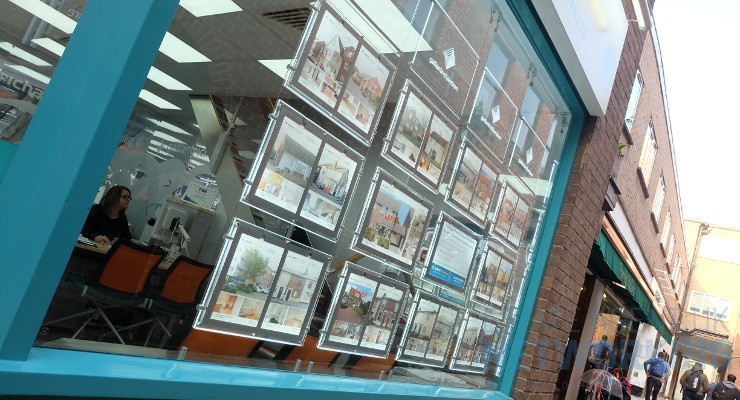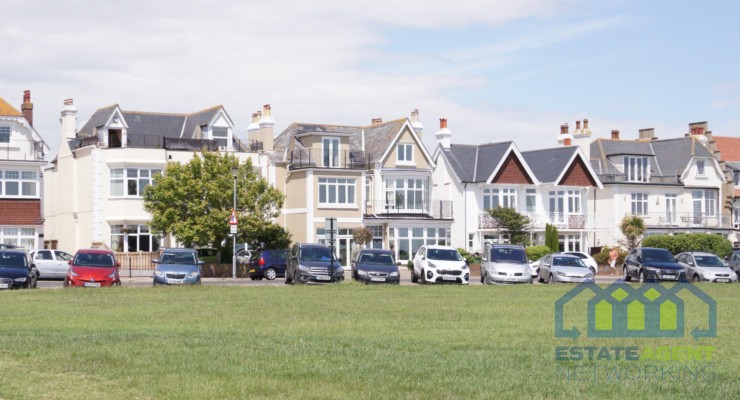How to dominate the local digital airwaves with community marketing – Part II – The Spaces
In Part I – How to dominate the local digital airwaves – The Plan – we looked at the essential planning steps you need to make before embarking on your community marketing program – who are you trying to reach and what community are you trying to create?
With that defined, it is now time to create online spaces for your community to interact.
Like any property, digital spaces come in all shapes and sizes. They range from simple ‘popup spaces’ that take seconds to put up to more sophisticated ‘long term spaces’ that take a bit more time and maintenance.
Depending on who you are trying to reach you’ll probably use a combination of spaces to create your community. Let’s look at both main types:
1. Popup Digital Spaces
Popup spaces are the online equivalent of popup shops and rock festivals – great for a temporary jamboree!
A single post on someone else’s discussion forum (like a question on Quora for example) could be a popup space for your community. It’s a place for your community to gather digitally, if even for a brief moment.
Let’s look at the king of popup spaces – the Hashtag. The reason you create a hashtag is because you want members of your community to discuss with each other. Then depending on the digital channels they are using (typically Twitter and Instagram in this case) they can find other people with the same topic.
Some famous hashtags have included:
- #bringbackourgirls – a campaign to help restore kidnapped schoolchildren in Nigeria to their homes
- #marketing #property – a double hashtag for the online conversation around property marketing
- #zpp100 – the community of estate agents participating in the Zoopla Property Power 100 to improve their social media marketing
However, we want a hashtag that’s a bit closer to home. Including a local name such as our agency or the locality in the hashtag makes it all much more local. For example:
- #SOSMertonParks was created for local people around Merton, South London to campaign around possible park closures.
- #wimbledonproperty is a conversation around property in wimbledon, promoted by the local agents
- #hillaryscraftevent was created by a local shop called Hillary’s in Brighton
The strengths of hashtags as a place for your community are:
- instant set up
- free
- easy for anyone to use
The weaknesses are:
- once created they are in the public domain – you don’t own them
- there is no ‘community manager’ so anyone (and everyone) can join in.
- community manager messages rely on the community to retweet them – there is no direct ‘send to all’
- relies on community members to ‘tune in’ to the hashtag by searching for it on social media
2. Conversation Groups
As they develop, communities need a place for individuals to talk to one another. Several tools offer this ranging from discussion forums such as Vbulletin, social network groups such as Yahoo, LinkedIn Groups, Google and Facebook Groups, to bespoke social networks such as Yammer and Ning.
The main purpose of a conversation space is for the community to meet with each other. By providing a place to personally reflect on the wider community conversations and to consolidate the community’s shared understanding of a particular topic.
I think Facebook Groups are the most powerful tool available for local conversation hubs.
In my home town of Haslemere we have Facebook groups galore. Also among the Startup community. Here are a couple of successful ones:
- Haslemere Community Board – for posting community messages
- Buy and Sell in Haslemere and surrounds – for buying and selling (mostly childrens kit if you must know)
- Business Mums networking Tastefully (Haslemere and surrounds) – for mums to network with each other about business (just guessing)
- London Startup Flats and Flatshares – for the tech startup community to find accommodation.
Groups don’t have to be just local, if you’re targeting a wider community, there are plenty of successful groups with intriguing titles.
From your Facebook home page click on Groups and ‘Suggest a group’ to find some existing ones.
The strengths of groups like Facebook groups are:
- Can be branded with your business name and logo
- Use a popular social network platform so its easy for people to join (they don’t need a separate login and password)
- Messages are weaved into their daily life (on their newsfeed for example)
- Successful groups run themselves as people post content and in time you can promote some active members to be moderators of newbies and others
The weaknesses are:
- You can’t message everyone in the group (although you can pin a post to the top of the group wall)
- You can’t download a list of everyone in the group’s email addresses (so you can’t send them a digital Christmas card)
- You can’t run your own ads on your Facebook group (that’s how Facebook makes it’s money)
- Requires activation – you need to post content and invite people to the group to ‘activate’ it. This takes time and resources.
Where to start?
So, there are your two main choices – a pop up space or a conversation hub. I suggest starting with pop up spaces and then once you see a community starting to form then go on and create a conversation hub.
The conversation hub takes longer to put together but is ultimately the more useful digital property as you partially own it.
However, with any online community there is the activation cost both of inviting people and creating interesting content that starts the conversation.
In my final post in this series, Part III – the content – we’ll be looking at types of relevant content that you can produce quickly and affordably to activate your new community.







